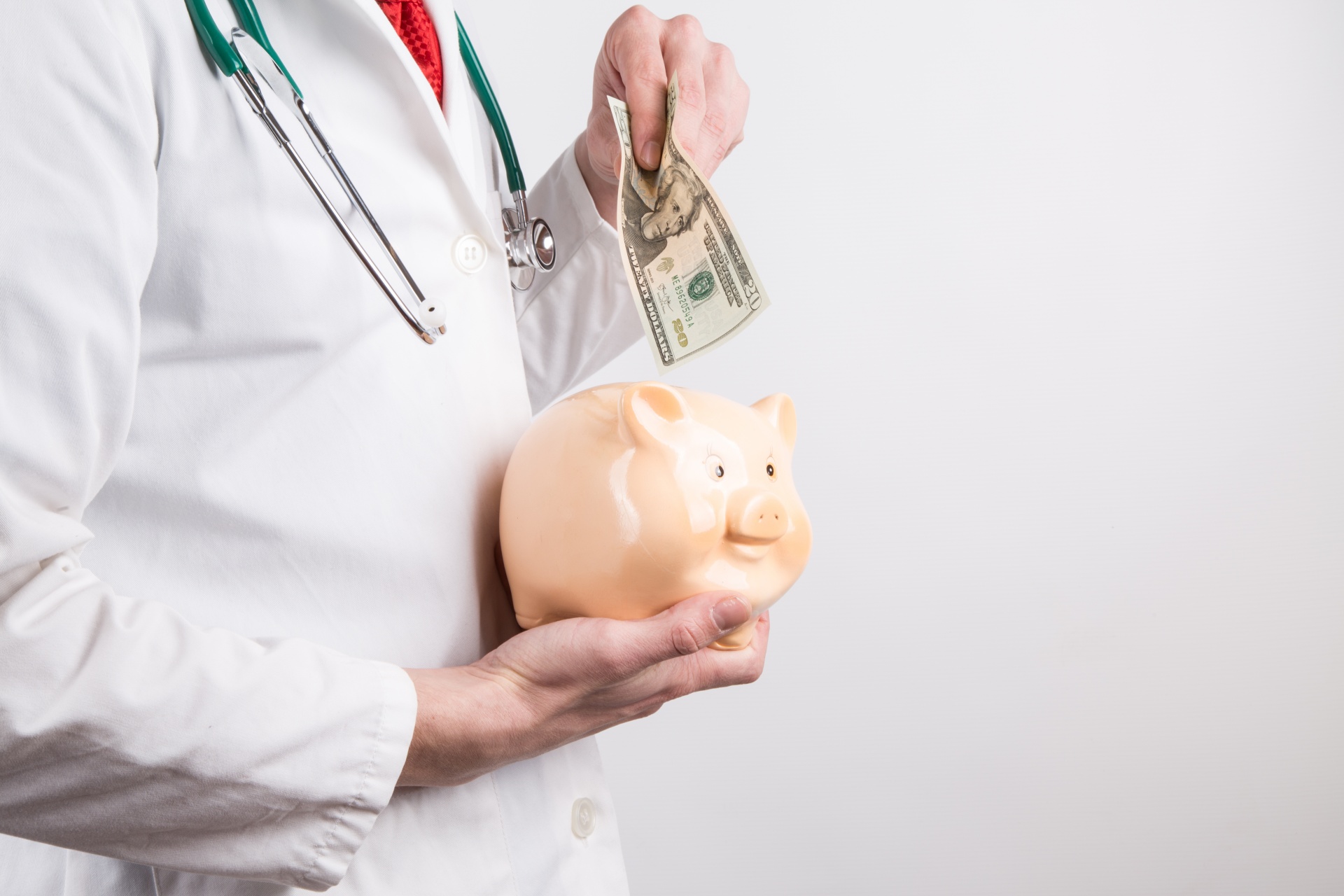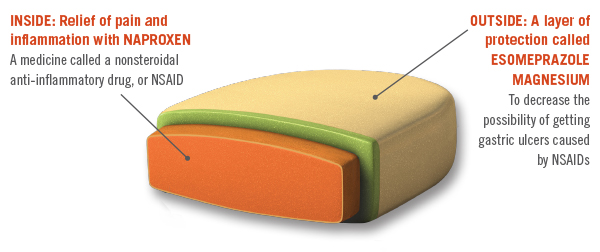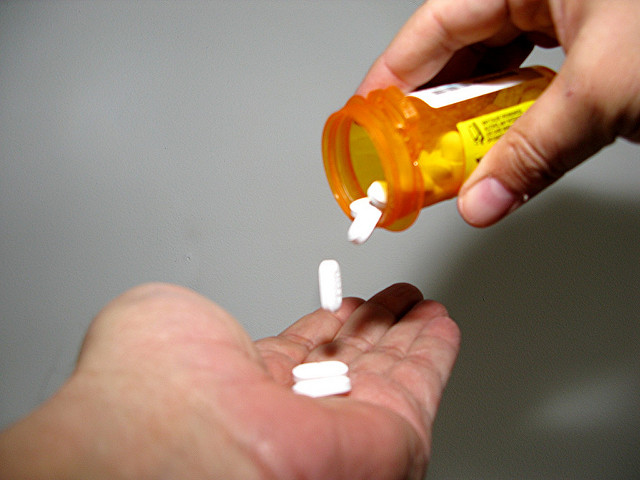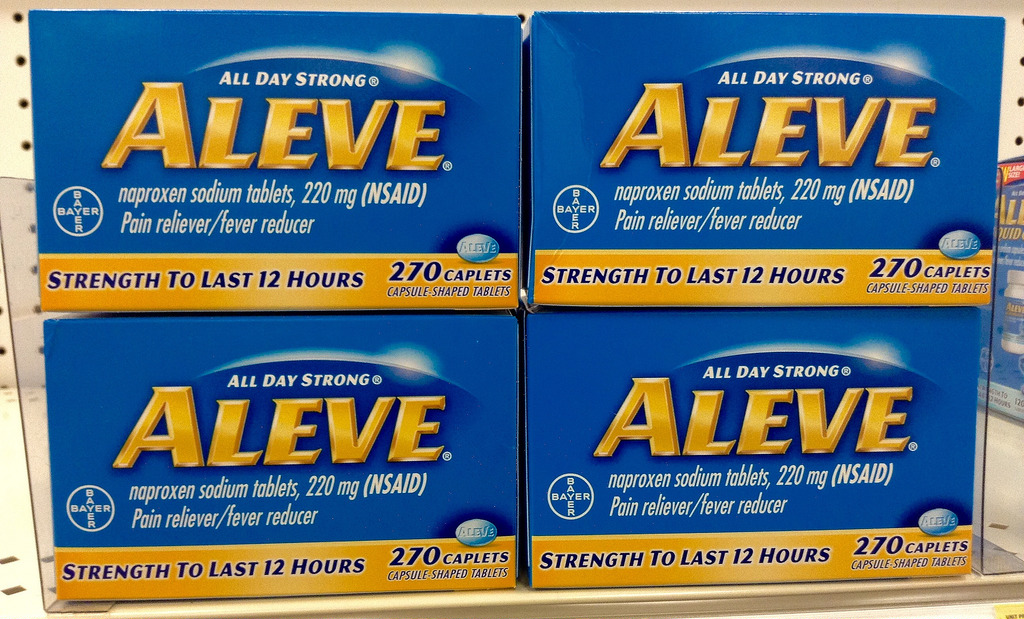How This Drug Costs the U.S. Health Care System

By:
Under the banner of "convenience", some pharmaceutical companies are combining ingredients found in common over-the-counter drugs and selling them for much higher costs. And, as to be expected, patients in the U.S. health care system are footing the bill.
 publicdomainpictures - publicdomainpictures.net
publicdomainpictures - publicdomainpictures.net
Take for instance, Vimovo, which is prescribed to relieve moderate pain and prevent digestive problems. On Tuesday, ProPublica writer Marshall Allen reported on how his doctors visit for an injured shoulder led him to uncover how a drug company has made millions off selling Vimovo, which turns out to simply be a combination of two common drugs you can buy at your local pharmacy.
Vimovo contains the ingredients naproxen (the painkiller Aleve) and esomeprazole magnesium (the acid reflux drug Nexium). As Allen noted, buying a month's worth of both over-the-counter drugs would run you about $40. But the pharmacy that carried Vimovo billed his insurance company $3,252 for a bottle.
 Horizon Pharma - horizonpharma.com
Horizon Pharma - horizonpharma.com
How do drug companies get away with charging more for products you can buy at a low cost without a prescription?
For one, the manufacturer of Vimovo, Horizon Pharma, covers most of the patient's out-of-pocket expenses. That's a common practice among drug companies that sell specialty drugs, because it creates an incentive for doctors to prescribe the company's drug over their competitor's.
Then, as Allen reported, Horizon bartered with health insurance companies and pharmacy benefit managers, offering special rebates and other deals. Again, drug companies commonly negotiate with these intermediaries, which are responsible for selecting which drugs get covered and which don't.
 frankieleon - flickr.com
frankieleon - flickr.com
Finally, the Ireland-based pharmaceutical company launched an effective marketing campaign for the drug—targeting doctors who prefer to prescribe brand-name drugs, increasing the size of its sales force, and promoting its products to medical associations, such as the American Gastroenterology Association, which received in $101,000 donations from Horizon.
The company said that it made the donation in order to "help physicians and patients better understand and manage" gastrointestinal pain caused by painkiller use.
"The company’s message to doctors emphasized the convenience of prescribing the two ingredients in a single pill and that the single pill protected patients by making it more likely they would take their medication as directed," Allen wrote.
But pharmaceutical industry experts and pharmacists have disputed the company's claims that Vimovo is any more effective at reducing pain and alleviating digestive problems than simply combining Aleve and Nexium. While Vimovo might technically be more convenient, it's coming at a cost that isn't readily apparent to the average patient.
 Flickr - staticflickr.com
Flickr - staticflickr.com
Part of what makes the U.S. health care system the most expensive in the world has to do with prescription drug pricing.
Because the federal government is mostly barred from negotiating prescription drug prices, it's largely up to pharmaceutical companies to set the price. And while patients might not necessarily be paying thousands out of pocket for a month's supply of drugs like Vimovo, insurers are. So, to recoup those costs, insurance companies charge more for coverage.
In 2015, the U.S. spent about 3.2 trillion on health care, according to The Centers for Medicare & Medicaid Services (CMS), and 10 percent of those costs came from retail prescription drug spending.
"The dramatic increase in prescription drug costs is definitely contributing to a move [toward higher insurance deductibles]," Matt Eyles, executive vice president of policy and regulatory affairs at America’s Health Insurance Plans, told Consumer Reports. "There’s not a lot [insurers] can do other than say we won’t cover it, and that’s an extreme most plans want to avoid."
[h/t ProPublica]
